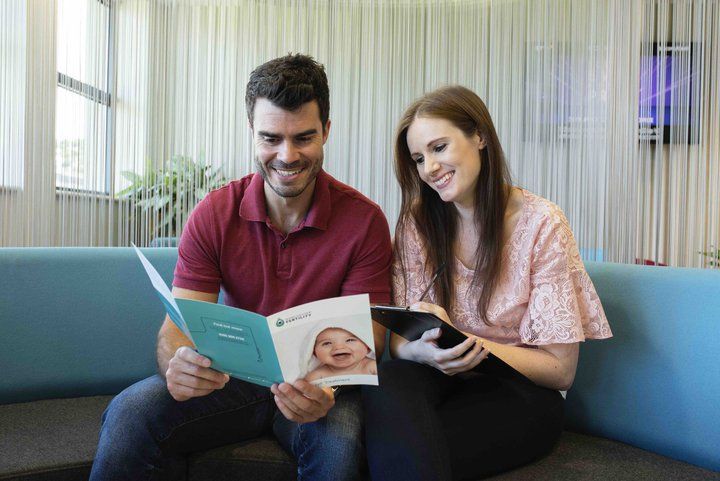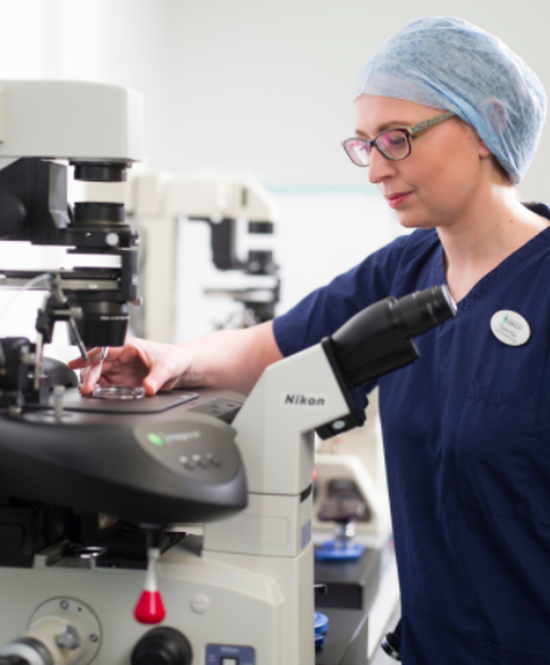
If you’re undergoing IVF or infertility treatment, which involves stimulating the ovaries, you will most likely hear the terms ‘long protocol’ or ‘short protocol’ at some point during your consultations.
But what do they mean and why is it important for your infertility treatment? Protocols simply mean the stimulation regimes that you follow in preparation for your treatment.
What is a long protocol?
A ‘long protocol’ is the term used when you’ll undergo the standard regime used for ovarian stimulation. This typically involves daily injections of a medication to ‘switch off’ your own ovarian function, which usually starts at around day 21 of your cycle, followed by ovarian stimulation with follicle-stimulating hormones (FSH). During this time you’re carefully monitored so we know when your follicles are at the right size and stage of development for collection. In total, a ‘long protocol’ can take approximately four weeks.
What is a short protocol?
A ‘short protocol’ is used when there is a chance of either an excessive response to stimulation – so a risk of Ovarian Hyperstimulation Syndrome (OHSS) – or a poor response to stimulation.
Short protocols begin much earlier in your cycle, usually beginning with lower daily doses of injections on the first day of your period to ‘shut off’ your own ovarian function, and follicle -stimulating hormones starting just a couple of days later. So a short protocol is a much quicker process, and we offer different types of short protocols dependent upon what suits you best.
At Manchester Fertility, your stimulation protocol will be completely individualised to you. We take into account factors such as your AMH level and any previous history you have of stimulation when planning your ovarian stimulation protocol, in order to ensure that your ovaries respond well and that you have mature eggs for collection at the right time.
There are a lot of different terms in IVF so we've pulled together a glossary of terms to help you. If you have any questions at all about protocols, you can contact our friendly team at any time on 0161 300 2737.
Last updated: 24th September 2019






